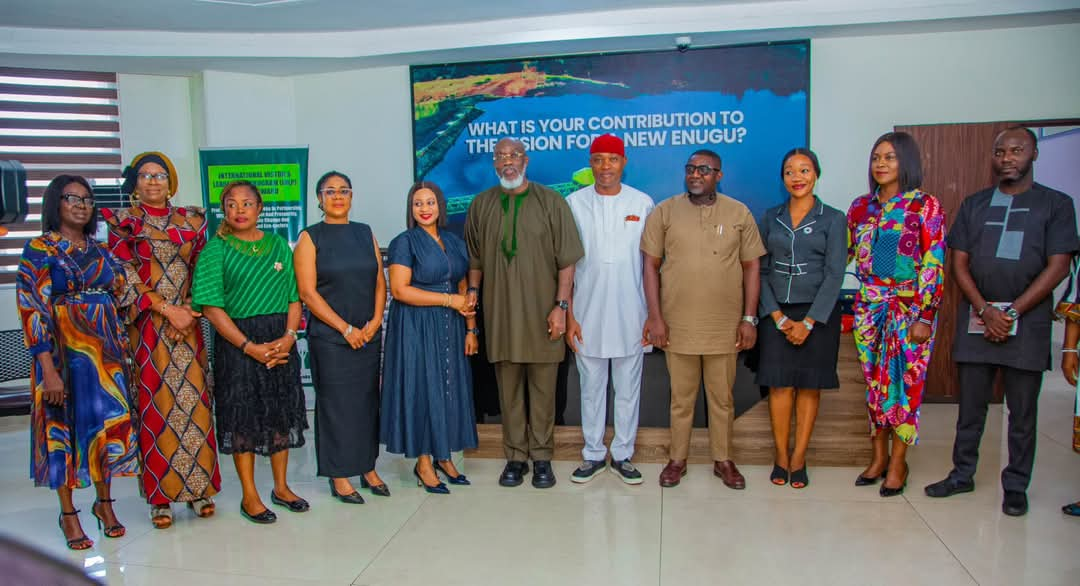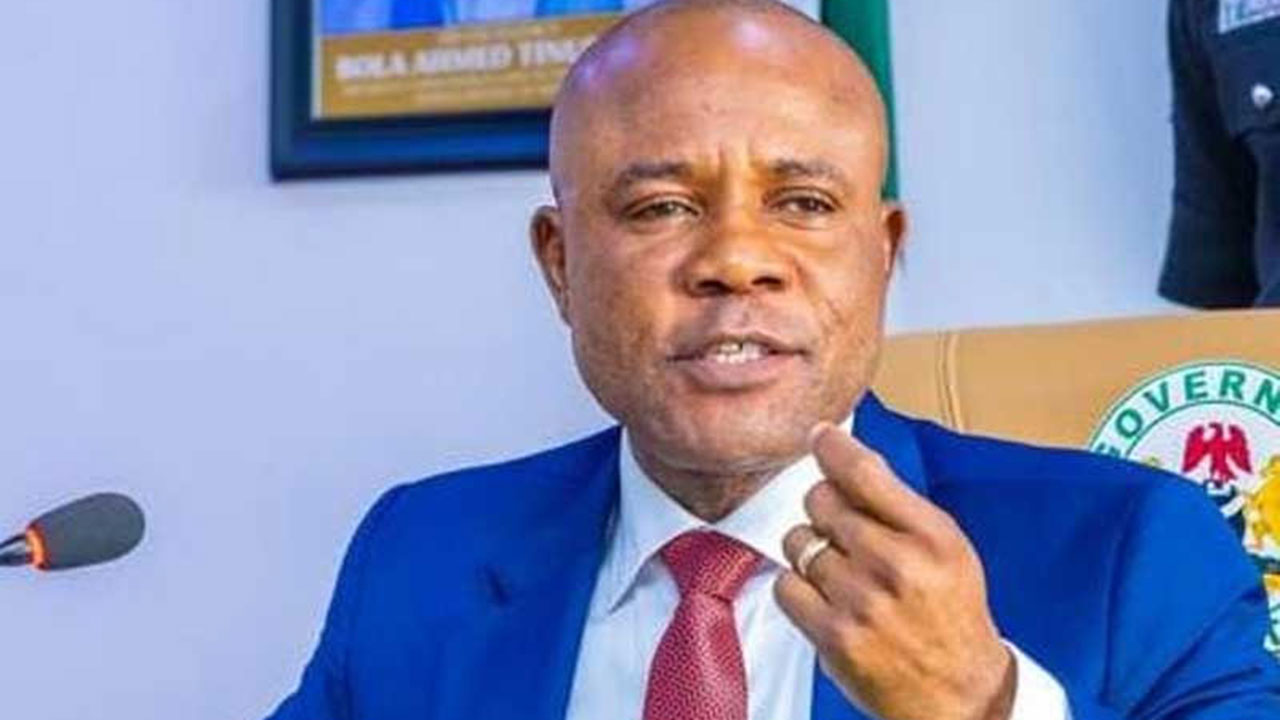The Enugu State Government has inaugurated a high-level steering committee aimed at eradicating Gender-Based Violence (GBV) across the state, reaffirming its stance of zero tolerance for such acts.
The inauguration ceremony was held at the Government House, Enugu.
The committee, chaired by the Commissioner for Children, Gender Affairs and Social Development, Mrs. Ngozi Enih, comprises representatives from the Nigeria Police Force, Ministry of Agriculture and Agro-Industrialisation, Ministry of Local Government, Rural Development and Chieftaincy Affairs, Ministry of Human Development and Poverty Reduction, Ministry of Trade, Investment and Industry, Ministry of Justice, Ministry of Health, Ministry of Education, and Civil Society Organisations.
Officially launching the committee—formally named the Steering Committee for Strengthening Institutional and Community Responses to End Gender-Based Violence and Domesticate the Enugu State Gender Policy using the Oputa Panel Approach—Governor Peter Mbah, represented by the Secretary to the State Government, Prof. Chidiebere Onyia, reiterated the administration’s commitment not only to prosecuting offenders but also to building a robust system of prevention.
“We take gender-based violence very seriously. Our government maintains a zero-tolerance policy. In Enugu State, we are ready to go the extra mile to stamp it out,” Onyia stated.
He emphasized the deliberate selection of committed individuals for the committee, assuring that the government would closely monitor its work.
“This is not a mere box-ticking exercise. We will track progress, conduct quarterly reviews, and assess the committee’s impact using specific terms of reference and measurable indicators—both in terms of financial input and the value it delivers. Collaboration among ministries, the police, and civil society is critical,” he said.
Importantly, Onyia highlighted that the campaign against GBV covers all genders.
“Our objective is to hold accountable anyone involved in gender-related violence and to discourage such behaviour, whether it is culturally or socially driven. This includes protecting women, children, and even men—who are often overlooked in conversations around GBV,” he noted.
He urged male victims to speak up and emphasized that the soon-to-be-domesticated gender policy is inclusive and meant for everyone.
In her remarks, Committee Chairperson Mrs. Ngozi Enih explained the rationale behind adopting the Oputa Panel model. According to her, the approach is designed to reflect grassroots realities by factoring in the diverse needs and experiences of people across all 17 Local Government Areas.
“We chose the Oputa Panel approach to ensure inclusiveness and community ownership. We will be visiting all LGAs to hear directly from the people because a policy must be shaped by the lived experiences of those it is meant to serve,” she said.
Enih added that committee members would also serve in an adjudicatory role, helping translate local insights into a context-sensitive gender policy.
“The goal is for our people to recognize that this policy belongs to them. When they are aware, they will demand enforcement. This won’t be another forgotten document gathering dust on a shelf,” she assured.




